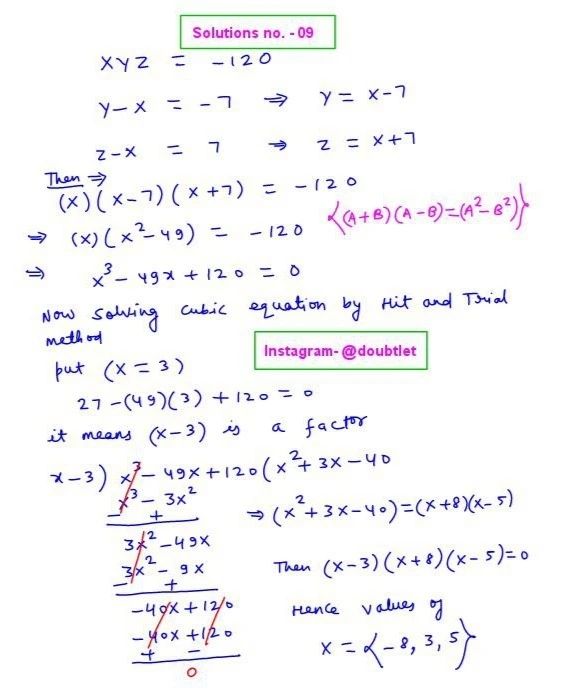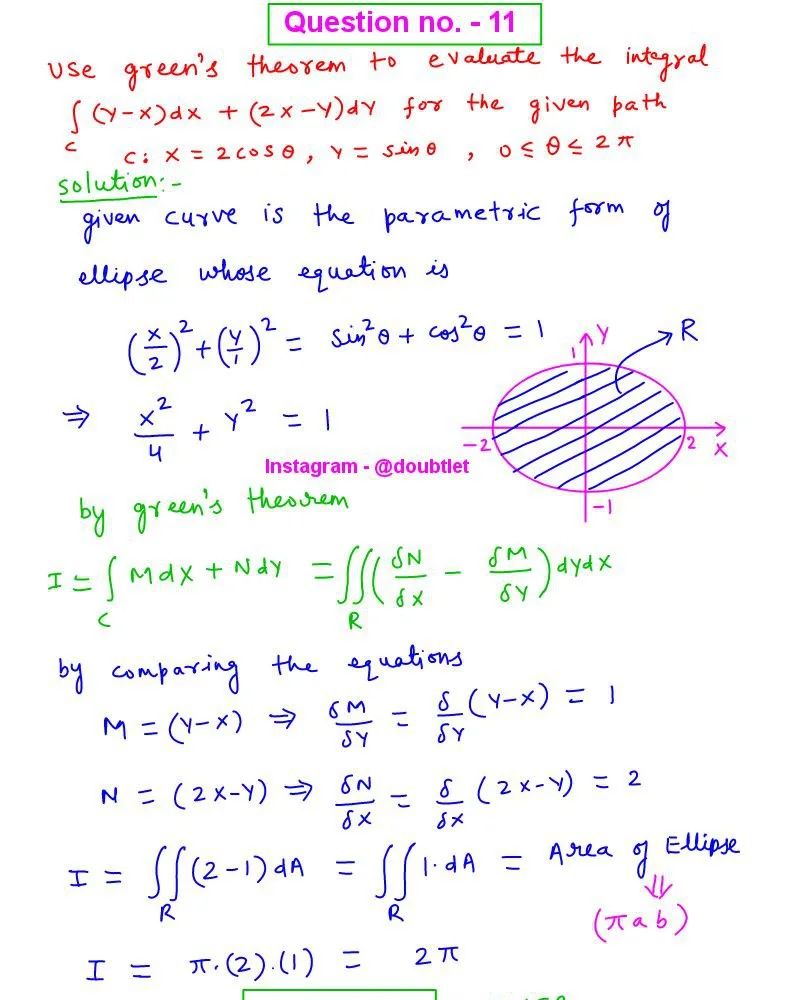









Fraction Reduction Calculator
This calculator will help you to reduce any fraction to its lowest form with the steps shown.Related Calculators:Fraction Multiplication CalculatorFraction Comparison Calculator
Fraction Addition/Subtraction
Fraction multiplication
Fraction Comparison
Fraction Division
Fraction to decimal
Improper number to mixed Fraction
Mixed number to improper Fraction
- 1. Introduction to the Fraction Reduction calculator
- 2. What is the Formulae used ?
- 3. How do I reduce fractional numbers?
- 4. Why choose our Fraction Reduction Calculator?
- 5. A Video for explaining this concept
- 6. How to use this calculator ?
- 7. Solved Examples
- 8. Frequently Asked Questions (FAQs)
- 9. What are the real-life applications?
- 10. Conclusion
1. Introduction to the Fraction Reduction calculator
In the realm of mathematics, simplifying fractions to their lowest form is a fundamental skill that transcends classrooms and permeates real-world applications. Whether you're a student honing your mathematical prowess or an enthusiast exploring the elegance of numbers, understanding the process of reducing fractions is invaluable. In this blog post, we'll unravel the concepts, formulas, and practical applications of reducing fractions to their simplest and most elegant form.
Reducing a fraction to its lowest form involves finding the greatest common divisor (GCD) of the numerator and denominator and dividing both by this common factor. The result is a fraction with the smallest possible numerator and denominator, maintaining the same overall value.
2. What is the Formulae used?
The process of reducing a fraction can be expressed in the formula:
Reduced Fraction for = ÷
3. How do I reduce fractional numbers?
Recognize the fractions to be reduced.
Take the GCD of numerator and denominator.
Use the above-given formula to reduce the fraction to its lowest form.
4. Why choose our Fraction reduction Calculator?
Our calculator page provides a user-friendly interface that makes it accessible to both students and professionals. You can quickly input your square matrix and obtain the matrix of minors within a fraction of a second.
Our calculator saves you valuable time and effort. You no longer need to manually calculate each cofactor, making complex matrix operations more efficient.
Our calculator ensures accurate results by performing calculations based on established mathematical formulas and algorithms. It eliminates the possibility of human error associated with manual calculations.
Our calculator can handle all input values like integers, fractions, or any real number.
Alongside this calculator, our website offers additional calculators related to Pre-algebra, Algebra, Precalculus, Calculus, Coordinate geometry, Linear algebra, Chemistry, Physics, and various algebraic operations. These calculators can further enhance your understanding and proficiency.
5. A video based on the concept of how to reduce the fractional numbers.
6. How to use this calculator
This calculator will help you to reduce the fractional numbers.
In the given input boxes you have to enter the fractional value.
After clicking on the Calculate button, a step-by-step solution will be displayed on the screen.
You can access, download, and share the solution.
7. Solved Examples
Reducing:
GCD of denominator 24 & 36 is 72
Reducing:
GCD of denominator 45 & 60 is 180
8. Frequently Asked Questions (FAQs)
Why is reducing fractions important?
Reducing fractions simplifies calculations, makes comparisons easier, and provides a clearer understanding of the fraction's value.
Can all fractions be reduced?
No, irreducible fractions (those with no common factors other than 1) cannot be further reduced.
What is the role of the greatest common divisor (GCD)?
The GCD is crucial in finding the common factor that both the numerator and denominator share, allowing for simplification.
Is there a shortcut or online tool for reducing fractions?
Yes, various online calculators and tools efficiently reduce fractions to their lowest form.
Does reducing fractions have real-life applications?
Yes, in fields like engineering, architecture, and finance, where precise measurements and calculations are essential.
What are the real-life applications?
Reducing fractions is employed in various real-world scenarios, such as recipe scaling in cooking, determining gear ratios in mechanics, and optimizing financial calculations where precise ratios matter.
10. Conclusion
Mastering the art of reducing fractions to their lowest form is a skill that transcends the world of mathematics. As we've explored the concepts, formulas, and practical applications, you're now equipped to streamline numerical expressions and gain a deeper appreciation for the elegance hidden within fractions. Whether you're tackling complex equations or optimizing real-world measurements, the ability to simplify fractions is a powerful tool in your mathematical toolkit.
This blog is written by Neetesh Kumar
If you have any suggestions regarding the improvement of the content of this page, please write to me at My Official Email Address: doubt@doubtlet.com
Are you Stuck on homework, assignments, projects, quizzes, labs, midterms, or exams?
To get connected to our tutors in real time. Sign up and get registered with us.
Comments(0)













Leave a comment